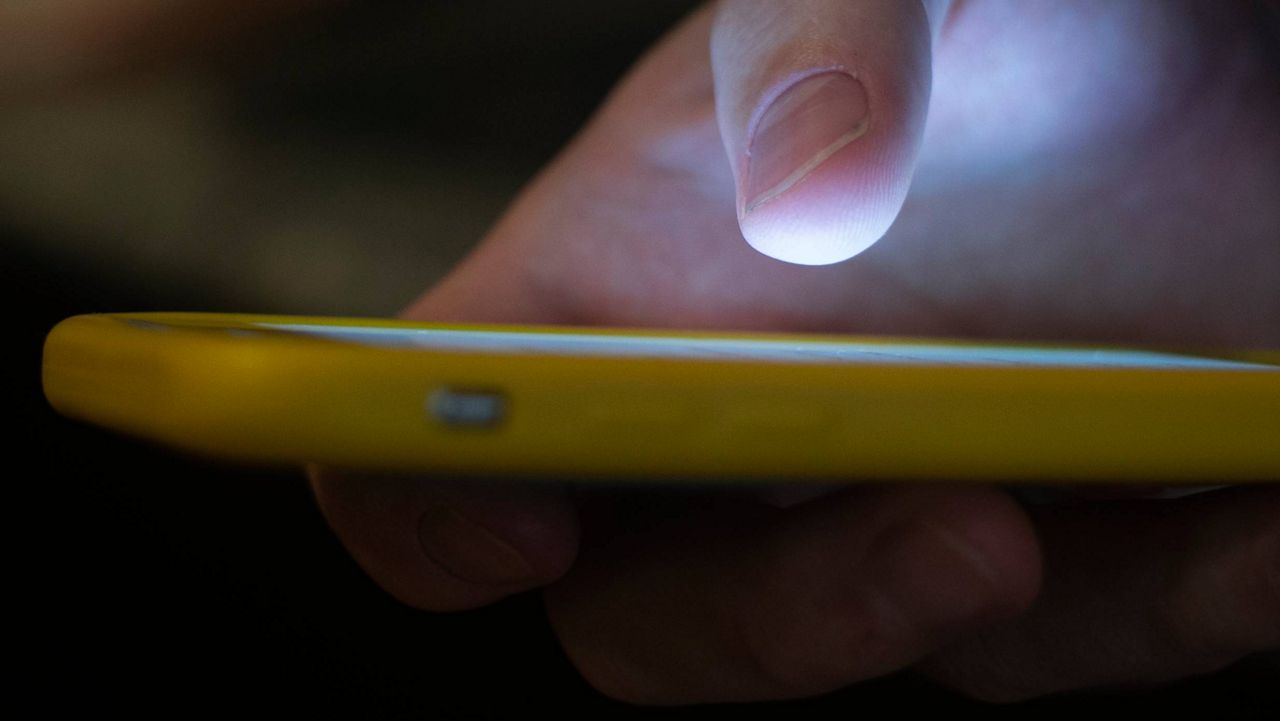The Federal Communications Commission on Thursday took action to curb scam robocalls regarding student loan repayments, targeting one firm it said accounted for a large portion of the fraudulent calls reported in previous months.
The FCC ordered cellular service providers to stop carrying robocalls from known student loan scammers, pointing particularly to Urth Access, LLC., which the agency said made up more than 40% of the fraudulent student loan scam call volume in October.
Many individuals who received calls from the company heard a pre-recorded message making reference to the “Student Loan Center,” often adding, in part: “Hello this is to inform you that the Student Loan payment suspension has been extended to December 31 of this year. Also, everyone is now going to get $10,000 dismissed upon income verification. If you do not verify your income, on January 1, your payments will start back up automatically.”
Officials said they observed a spike in the robocalls in August after President Joe Biden first announced his student loan forgiveness plan. At the time, Biden unveiled a plan to erase $10,000 in federal student loan debt for those with incomes below $125,000 a year, or households that earn less than $250,000. He also pledged to cancel an additional $10,000 for those who received federal Pell Grants to attend college.
“Scam robocalls try to pull from the headlines to confuse consumers,” FCC chairwoman Jessica Rosenworcel wrote in a statement. “The newest trick in their playbook? Trying to take advantage of people who want help paying off their student loans. Today we’re cutting these scammers off so they can’t use efforts to provide student loan debt relief as cover for fraud.”
Biden’s plans have been subject to a series of legal challenges in the months since, leading the Supreme Court to agree to take up the case early next year. The delay in enforcing the student debt relief, for which at least 26 million people have already applied, forced Biden to extend a pause on federal student loan payments while the White House continues to fight the legal battle.
The moratorium was slated to expire Jan. 1, a date that Biden set before his debt cancellation plan stalled in the face of legal challenges from conservative opponents.
Now it will extend until 60 days after the lawsuit is resolved. If the lawsuit has not been resolved by June 30, payments would resume 60 days after that.
The FCC issued an alert in November warning of a potential uptick in fraudulent calls seeking to cash in on individuals who still have student loan debt amid the back-and-forth between the judicial and executive branches.
“Scammers often use broadly publicized news to add an air of legitimacy and familiarity to their spoofed robocalls,” the FCC advisory read in part.
There is an ongoing investigation into Urth Access, LLC., and in mid-November the FCC issued a cease-and-desist letter to the company ordering it to take actions that would “prevent customers from using the voice service provider’s network to transmit illegal robocalls.” The company did not respond to the letter, the FCC wrote in documents released Thursday.
The Associated Press contributed to this report.



